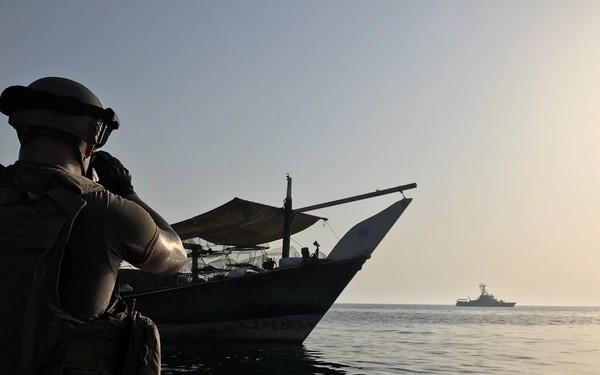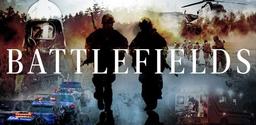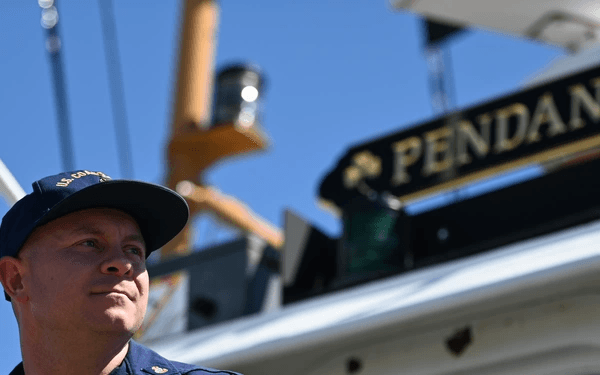Commentary
I stand on the fantail and stare out at the buildings across the bay from the cutter. We’re moored in Puerto Vallarta, Mexico, one of the more popular spring break destinations in this part of the world. Having spent the previous day driving back and forth between the resort and the boat, I can see why; it’s pretty well-developed. There are plenty of first-world amenities, several malls, a Walmart and a Sam’s Club, high-rise hotels, booze cruises, and miles of white beaches and clear tropical water.





